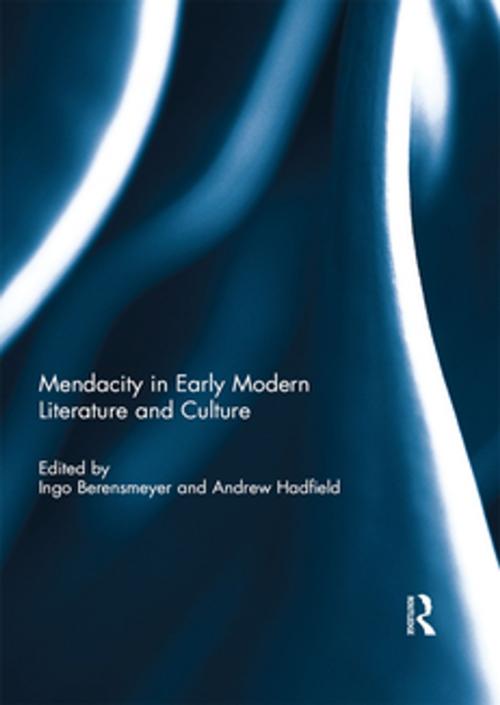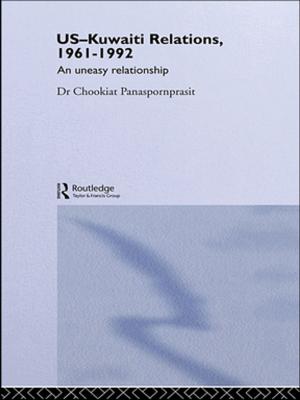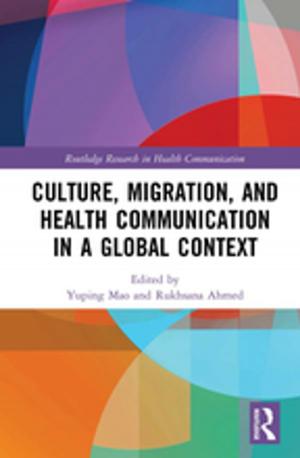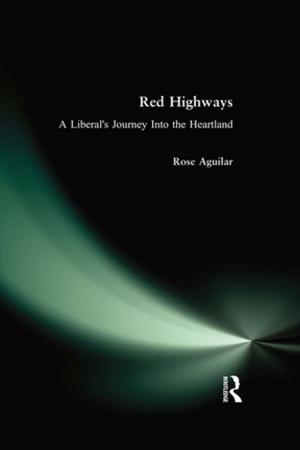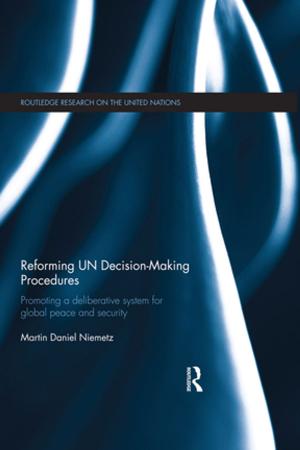| Author: | ISBN: | 9781317229506 | |
| Publisher: | Taylor and Francis | Publication: | February 2, 2018 |
| Imprint: | Routledge | Language: | English |
| Author: | |
| ISBN: | 9781317229506 |
| Publisher: | Taylor and Francis |
| Publication: | February 2, 2018 |
| Imprint: | Routledge |
| Language: | English |
Mendacity in Early Modern Literature and Culture examines the historical, cultural, and epistemological underpinnings of lying and deception in early modern England, including the political, religious, aesthetic, and philosophical discourses that governed the codes of lying and truth-telling from the sixteenth to the early eighteenth centuries. The contributions to this collection draw on a wide range of early modern English literature from Shakespeare to Swift, and from travel writing to poetry, in order to explore the extent to which plays, poems, and narrative texts in this period were sites of negotiation, and, at times, of ideological warfare between the moral imperative of truth-telling and the expediency of telling lies. What were the cultural norms of truthfulness and lying, and on what basis were they constructed? What were the consequences when someone did not share the assumed common project of truth-telling? And which forms of communication were exempt from the pragmatic strictures on mendacious discourse? This book was originally published as a special issue of the European Journal of English Studies.
Mendacity in Early Modern Literature and Culture examines the historical, cultural, and epistemological underpinnings of lying and deception in early modern England, including the political, religious, aesthetic, and philosophical discourses that governed the codes of lying and truth-telling from the sixteenth to the early eighteenth centuries. The contributions to this collection draw on a wide range of early modern English literature from Shakespeare to Swift, and from travel writing to poetry, in order to explore the extent to which plays, poems, and narrative texts in this period were sites of negotiation, and, at times, of ideological warfare between the moral imperative of truth-telling and the expediency of telling lies. What were the cultural norms of truthfulness and lying, and on what basis were they constructed? What were the consequences when someone did not share the assumed common project of truth-telling? And which forms of communication were exempt from the pragmatic strictures on mendacious discourse? This book was originally published as a special issue of the European Journal of English Studies.
